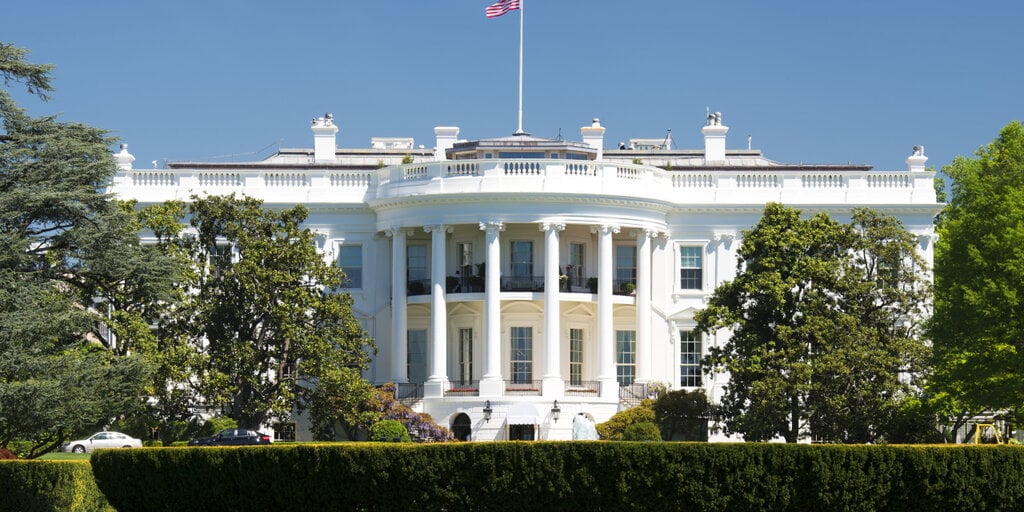On Monday, the Biden administration unveiled sweeping restrictions on the export of artificial intelligence chips and related technology as President Joe Biden prepares to leave office.
The “Interim Final Rule on the Proliferation of Artificial Intelligence,” announced just days before Donald Trump's inauguration, seeks to maintain US dominance over AI and prevent adversaries from using advanced systems for malicious purposes.
“It is imperative that we do not offshore this critical technology to bolster America's national security and economic strength, and that the world's AI travels on America's railroads,” he said. press release From the White House.
The bans impose restrictions on advanced graphics processing units and other AI-related technologies that can be exported to most countries.
While the US and 18 of its closest allies, including the UK and Japan, are exempt, countries such as China, Russia, Iran and North Korea are under strict restrictions.
The rules introduce new licensing requirements for exports to more than 120 countries, with provisions for foreign governments to sign agreements for easier restrictions.
Organizations that meet strict security requirements can achieve special statuses, such as Universal Verified End User (UVEU) or National Verified End User (NVEU), which allow them to take advantage of advanced GPUs and responsibly scale AI capabilities.
UVEU entities can outsource up to 7% of their global AI capacity to close partners, while NVEU entities can purchase up to 320,000 advanced units of GPUs over two years.
Smaller, less risky chip orders—often used by universities and research institutes—skip the licensing process entirely.
get back
The announcement drew heavy criticism from the tech industry.
Chip-making giant Nvidia criticized the policy as “unprecedented and misguided,” warning that it could undermine American innovation and global competitiveness.
“These laws, dressed in an anti-China guise, do nothing to improve American security,” said Ned Finkel, president of government affairs at Nvidia. press release.
Currently, Nvidia sells AI chips to China, but they are scaled-down versions designed to comply with the US. Export restrictions Installed in 2022.
These chips with reduced computing power are produced to meet the demand of the Chinese market without violating US security policies.
The new law would allow the chip to be shipped to other non-aligned countries at 50,000 GPUs per country, and ensure that US technology supports legitimate uses such as health and education without enabling opponents.
Governments that coordinate their AI and export control policies with the US could double their chip caps through government-to-government agreements under the new rules.
The law goes into effect in mid-May, giving Trump time to make adjustments after his inauguration on Jan. 20.
“We hope the next administration will take full advantage of those 120 days to listen to experts, industry, partner countries, take their input into account, and I fully expect the next administration to make changes as a result of that input,” Commerce Secretary Gina Raimondo said.
Edited by Sebastian Sinclair.
Generally intelligent newspaper
A weekly AI journey narrated by General AI Model.

